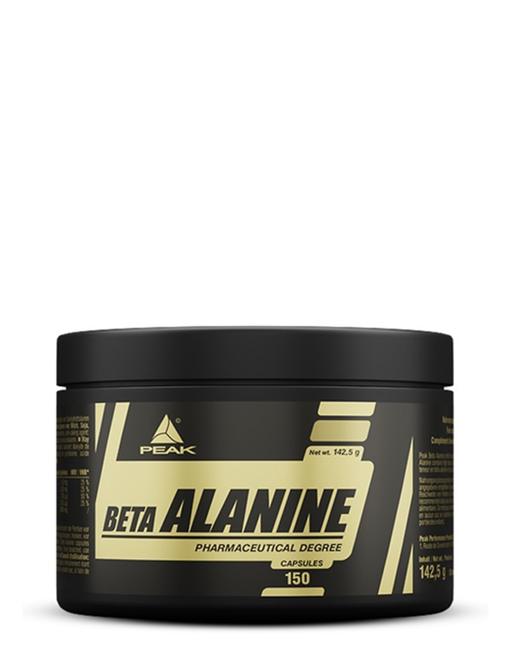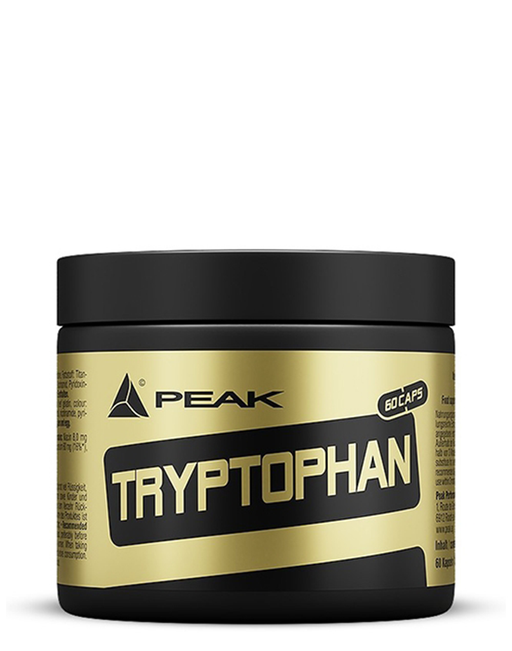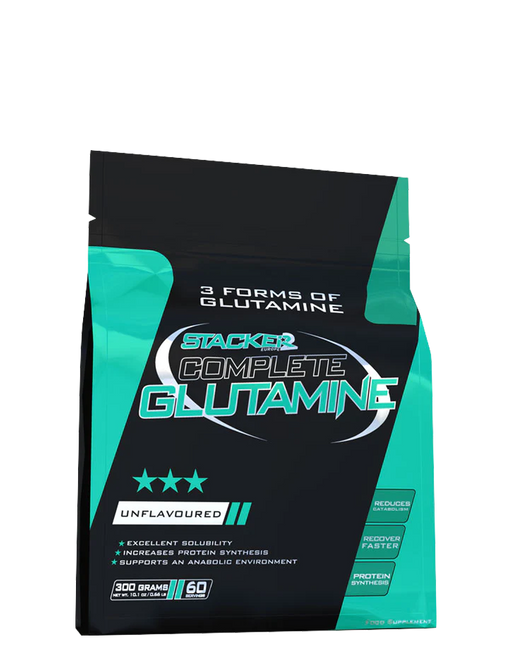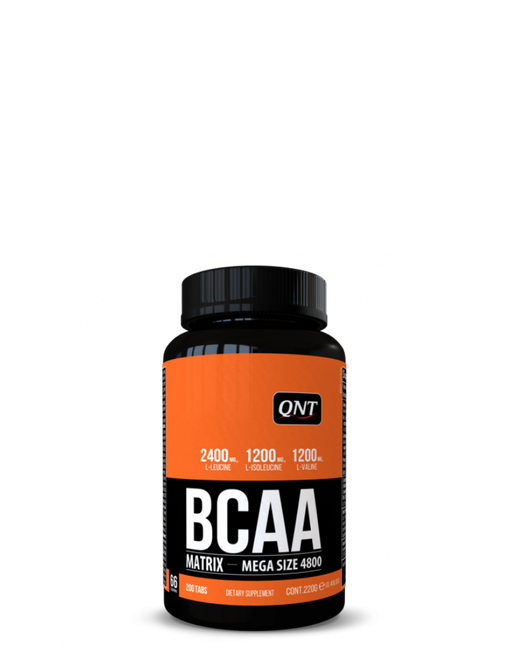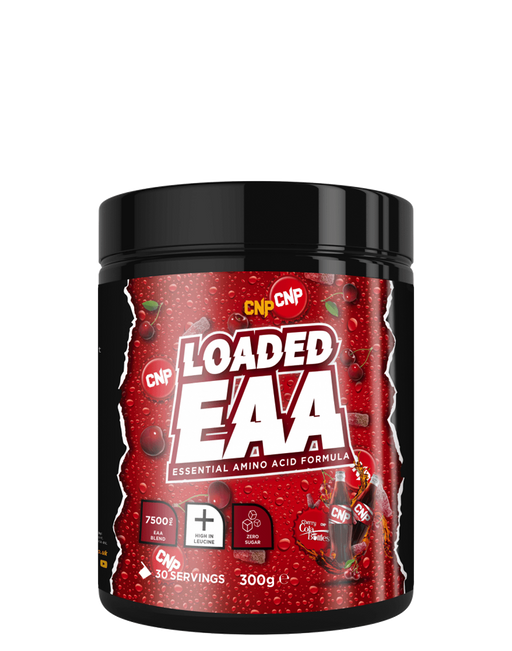Amino acids
Filters
-
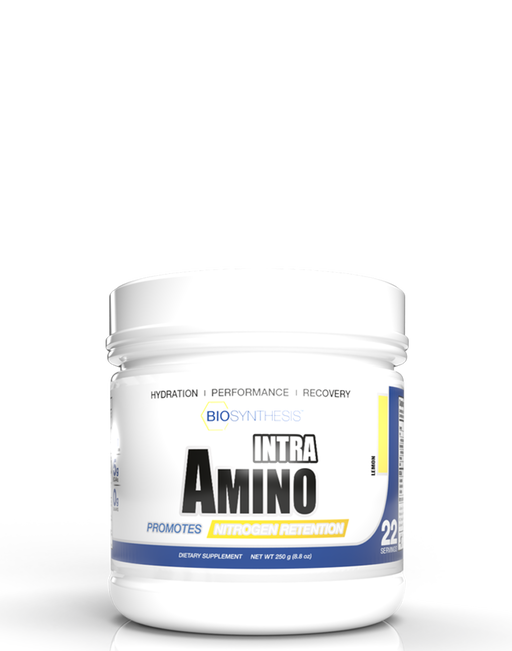 Sale
from €24.95 EUR| /
Sale
from €24.95 EUR| /Intra Amino
Bio Synthesis13 reviews- Pure amino acids
- Instant muscle building and recovery
- 0 gr sugar!
from €24.95 EUR| /Sale -
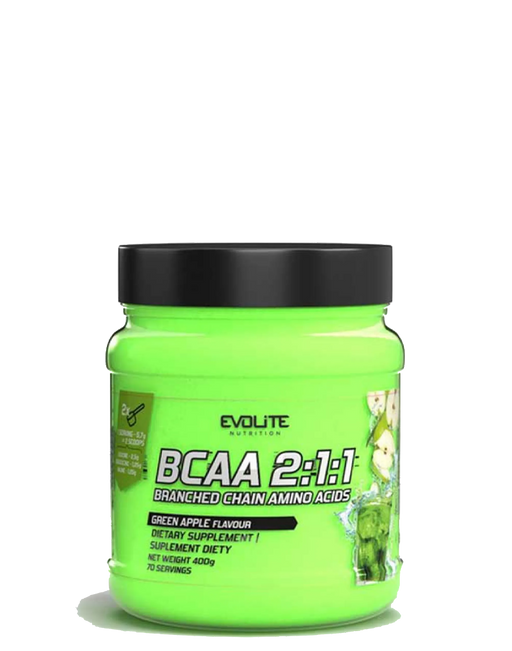 Sale
€28.95 EUR| /
Sale
€28.95 EUR| /Evolite BCAA 2:1:1
Evolution NutritionNo reviews- Supports muscle building and recovery
- Promotes energy and endurance
- Essential for a balanced, healthy lifestyle
€28.95 EUR| /Sale -
 Out of stock
Original price €19.95 EURCurrent price €16.95 EUR| /
Out of stock
Original price €19.95 EURCurrent price €16.95 EUR| /Liquid amino 50.000
Vitalife1 review- Can be absorbed quickly
- High Dosage
- Easy to take with you
Original price €19.95 EURCurrent price €16.95 EUR| /Out of stock -
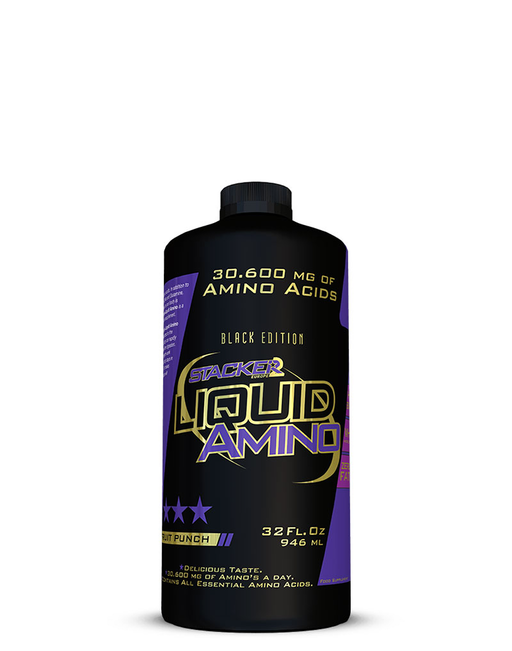 Out of stock
Original price €34.95 EURCurrent price €29.95 EUR| /
Out of stock
Original price €34.95 EURCurrent price €29.95 EUR| /Liquid Amino
Stacker1 review- Instant muscle recovery
- Lactose and fat-free
- Easy to take with you
Original price €34.95 EURCurrent price €29.95 EUR| /Out of stock -
 Out of stock
Original price €17.95 EURCurrent price €14.95 EUR| /
Out of stock
Original price €17.95 EURCurrent price €14.95 EUR| /Liquid L-Carnitine
Vitalife- Burning fat
- Contains Vitamin C and B6
- Easy to take with you
Original price €17.95 EURCurrent price €14.95 EUR| /Out of stock -
 Out of stock
Original price €32.95 EURCurrent price €29.95 EUR| /
Out of stock
Original price €32.95 EURCurrent price €29.95 EUR| /Liquid amino 50.000
Vitalife- Can be absorbed quickly
- High Dosage
- Easy to take with you
Original price €32.95 EURCurrent price €29.95 EUR| /Out of stock -
 Out of stock
Original price €36.90 EURCurrent price €34.95 EUR| /
Out of stock
Original price €36.90 EURCurrent price €34.95 EUR| /Essential Aminos
StackerNo reviews- 4,5gr bcaa's per serving
- 5,7 g Glutamine
- Top quality
Original price €36.90 EURCurrent price €34.95 EUR| /Out of stock -
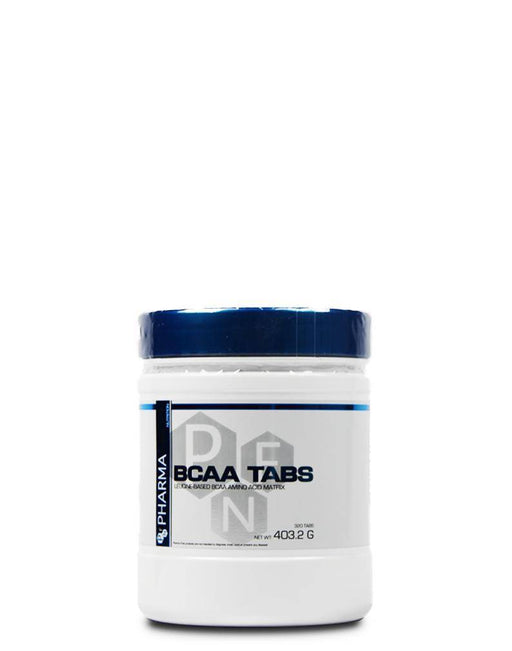 Out of stock
Original price €29.95 EURCurrent price €26.95 EUR| /
Out of stock
Original price €29.95 EURCurrent price €26.95 EUR| /BCAA 2: 1: 1
Pharma First1 review- Instant muscle recovery
- Essential amino acids
- Super fast recording
Original price €29.95 EURCurrent price €26.95 EUR| /Out of stock -
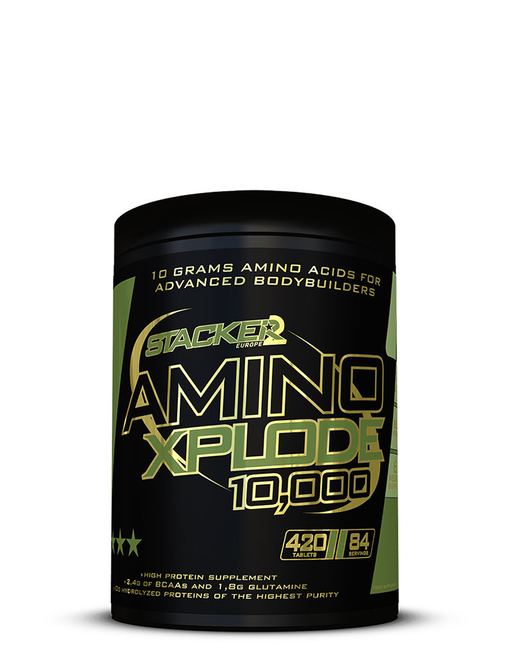 Out of stock
Original price €29.95 EURCurrent price €26.95 EUR| /
Out of stock
Original price €29.95 EURCurrent price €26.95 EUR| /Amino Xplode 10,000
Stacker- Instant muscle recovery
- 10.000mg
- Easy to go!
Original price €29.95 EURCurrent price €26.95 EUR| /Out of stock -
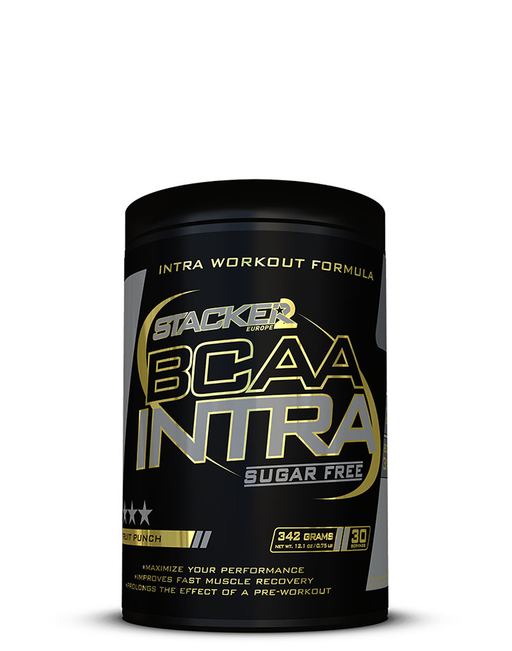 Out of stock
Original price €36.90 EURCurrent price €29.95 EUR| /
Out of stock
Original price €36.90 EURCurrent price €29.95 EUR| /BCAA intra
Stacker- Enriched with BCAAs
- Added minerals
- Intra workout
Original price €36.90 EURCurrent price €29.95 EUR| /Out of stock -
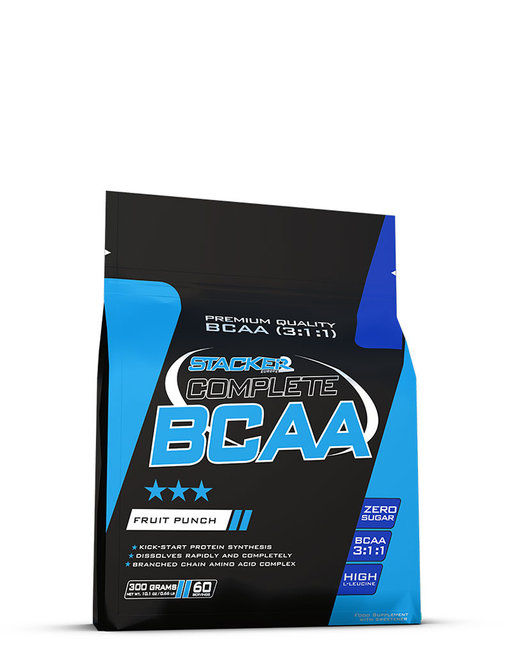 Out of stock
€16.90 EUR| /
Out of stock
€16.90 EUR| /Complete BCAA
StackerNo reviews- High-quality BCAAs
- Optimal 3:1:1 ratio
- Improved muscle protein synthesis
€16.90 EUR| /Out of stock
A few hundred amino acids are known in nature. Twenty of those amino acids form the building blocks of human proteins. Of these so-called fundamental amino acids, eight are considered essential, that is to say that the body cannot synthesize these amino acids itself, so we have to feed them with food.
Amino acids have been a popular dietary supplement for years. Bcaas, d-aspartate, beta-alanine, glutamine, arginine, citrulline, taurine, and tyrosine are some examples of supplements that are particularly popular with athletes. Where bcaas consist of a chain of three amino acids, in the other cases they are separate amino acids. Supplements of all twenty, or only the eight essential, amino acids are also popular.
The reasons for taking amino acids as a supplement are just as diverse as the roles they play in the human body. It is known that amino acids are the building blocks of muscles. For this reason, athletes often take amino acids to support recovery and muscle building. An example of such a supplement is Intra Amino. This formula contains a lot of leucine. Research shows that it is precisely this amino acid that plays an important role in muscle building.
Amino acids can also be taken for reasons other than muscle building and recovery. For example, taking beta-alanine is an effective way to increase endurance capacity. Arginine supplementation can lead to increased nitric oxide (NO) formation in the body. This leads to vasodilation, which can improve both sports performance and performance between the sheets. Tyrosine and tryptophan are amino acids that are taken for their stimulating and relaxing effect, respectively. This effect is based on the fact that they increase the production of certain signal substances in the brain. One condition for achieving such an effect is that these amino acids are taken on an empty stomach, in the absence of competing amino acids. This applies to most individual amino acids that are taken to trigger a certain effect in the brain.

